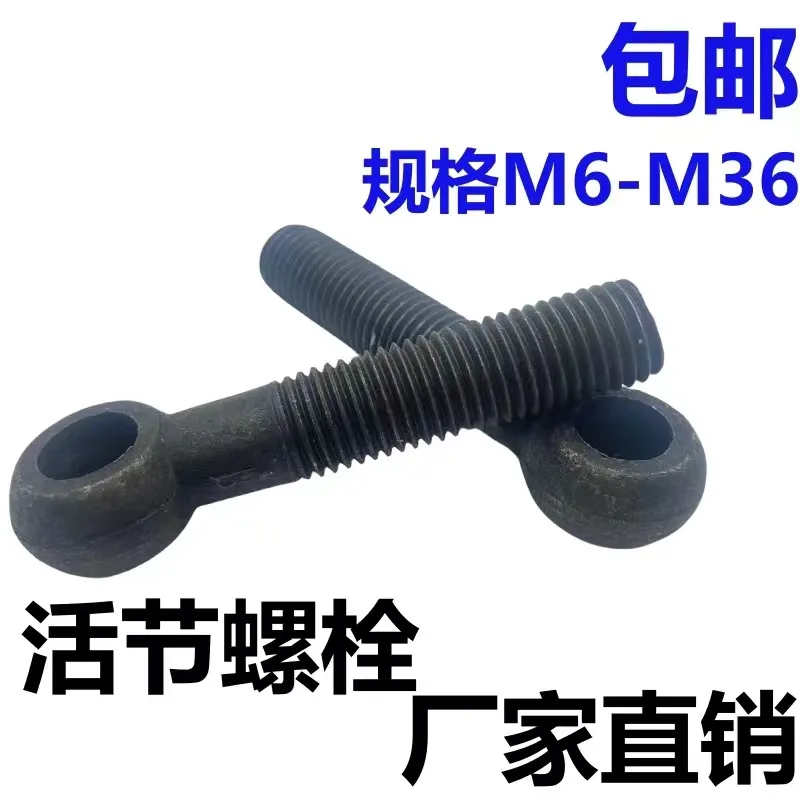

Essential Guide to Choosing the Right Fasteners for Concrete Applications
Dic . 14, 2024 13:04 Back to list
Essential Guide to Choosing the Right Fasteners for Concrete Applications
Understanding Concrete Fasteners Essential Tools for Construction and Repair
Concrete fasteners play a critical role in the construction industry, enabling builders and engineers to securely attach materials to concrete surfaces. Whether for a new construction project, renovations, or repairs, selecting the right concrete fastener ensures the integrity and safety of structures. This article provides an overview of concrete fasteners, their types, applications, and best practices for their use.
What are Concrete Fasteners?
Concrete fasteners are specialized hardware components designed to anchor objects to concrete surfaces. Unlike traditional wood or metal fasteners, these tools are engineered to withstand the unique demands of solid concrete, which is dense and hard. Concrete fasteners use various mechanisms, including expansion, adhesive bonding, or mechanical interlock, to ensure a strong and enduring grip.
Types of Concrete Fasteners
There are several types of concrete fasteners, each with specific applications and installation methods. The most common types include
1. Expansion Anchors These are perhaps the most widely used concrete fasteners. They consist of a threaded bolt and an expansion sleeve. When the bolt is tightened, the sleeve expands against the walls of the drilled hole, creating a secure hold. Expansion anchors are ideal for applications requiring a strong resistance to pull-out forces.
2. Tapcon Screws Made from hardened steel, Tapcon screws are directly screwed into concrete without the need for a separate anchor. They feature a unique thread pattern that allows them to provide a strong grip in concrete, brick, or masonry. These screws are especially popular for lightweight fixtures and are quick and easy to install.
3. Sleeve Anchors Similar to expansion anchors, sleeve anchors have a sleeve that expands when the bolt is tightened. However, sleeve anchors provide a more versatile solution, suitable for use in various materials, including concrete, brick, and block. They are often used for securing heavy loads, such as machinery and equipment.
4. Concrete Masonry Adhesives For certain applications, adhesive bonding can be an effective solution. Specially formulated construction adhesives can be used to secure items to concrete surfaces without mechanical fasteners. This method is particularly useful for lightweight materials or when avoiding drilling is essential.
5. Chemical Anchors These fasteners utilize a two-component adhesive system that creates a bond between the anchor and the concrete. Chemical anchors are ideal for high-performance applications where maximum strength and resistance to environmental factors are required. They are often used for structural applications where conventional fasteners may not suffice.
Applications of Concrete Fasteners
concrete fasteners

Concrete fasteners are versatile and can be used in a variety of construction and repair projects. Common applications include
- Mounting Fasteners are used to mount shelves, cabinets, and appliances to walls. - Securing Equipment Heavy machinery and equipment are anchored to concrete floors for stability and safety. - Installing Fixtures Light fixtures, brackets, and shelving units need secure attachment to ensure they can support weight over time. - Renovation Projects Fasteners allow for the attachment of new elements to existing structures, such as doors and windows.
Best Practices for Using Concrete Fasteners
To ensure the effectiveness of concrete fasteners, consider the following best practices
1. Choose the Right Fastener Depending on the load requirements and the materials involved, select the appropriate type of fastener. Consult product specifications for guidance.
2. Proper Drilling Use a hammer drill with a masonry bit to create clean holes in the concrete. Ensure the hole is the correct diameter and depth specified by the fastener manufacturer.
3. Clean the Holes Before inserting the anchor, clean the drilled holes of dust and debris using a wire brush or compressed air to ensure a secure bond.
4. Follow Manufacturer Instructions Adhere to installation guidelines provided by the manufacturer to optimize performance and safety.
5. Inspect Regularly Regular inspections of fasteners in load-bearing applications can help identify any wear, loosening, or corrosion. Replace or re-secure as needed to maintain safety.
Conclusion
Concrete fasteners are vital components in the construction and renovation landscape. By understanding the different types and their respective applications, builders and DIY enthusiasts can ensure that their projects are both safe and durable. Investing time in selecting the right fasteners and following best practices will ultimately lead to stronger, more resilient structures.
Latest news
-
Premium Self Tapping Metal Screws: Strong & Easy Install
NewsAug.02,2025
-
Premium Fasteners Manufacturer | AI-Driven Solutions
NewsAug.01,2025
-
Hot Dip Galvanized Bolts - Hebei Longze | High Strength, Corrosion Resistance
NewsAug.01,2025
-
High-Strength Hot Dip Galvanized Bolts - LongZe | Corrosion Resistance, Custom Sizes
NewsAug.01,2025
-
Best Self Tapping Screws for Drywall - Fast & Secure Installation
NewsJul.31,2025
-
High-Strength Hot Dip Galvanized Bolts-Hebei Longze|Corrosion Resistance&Customization
NewsJul.31,2025

